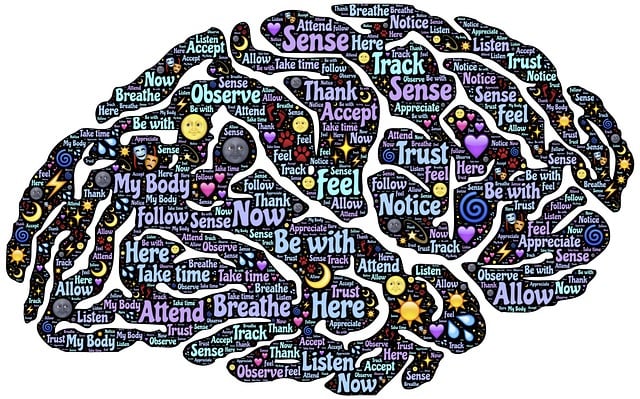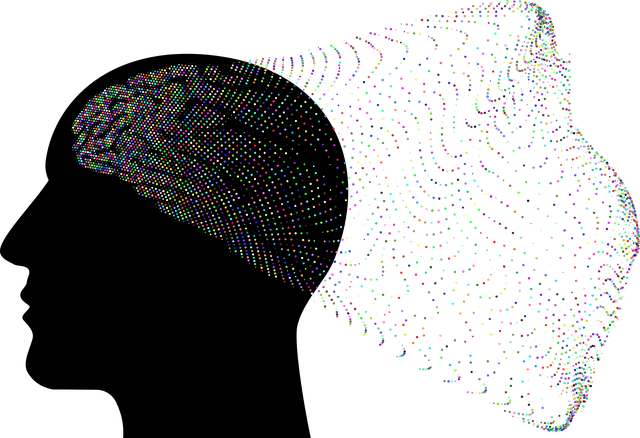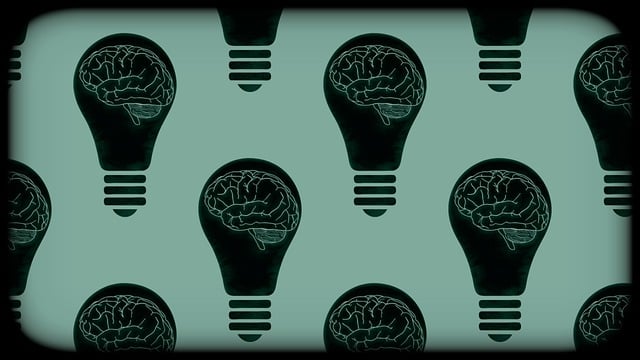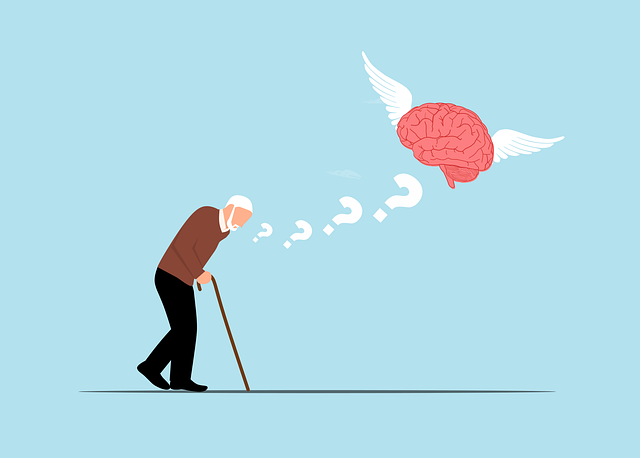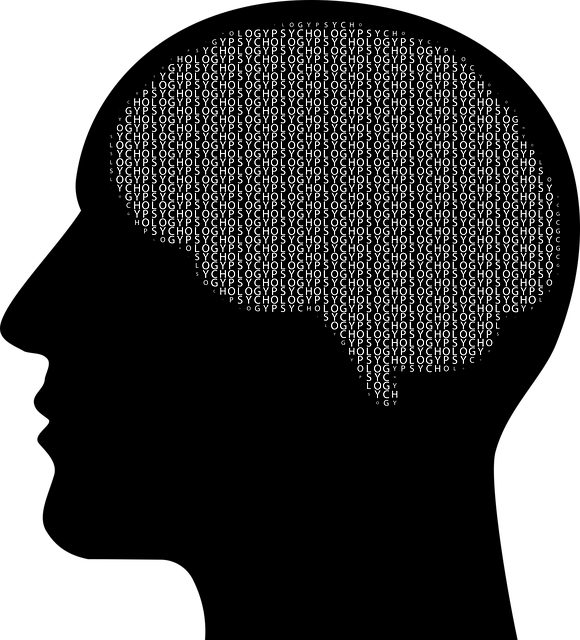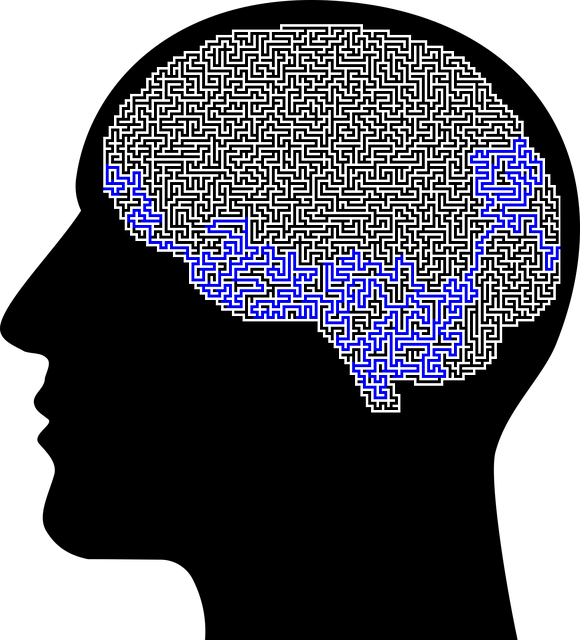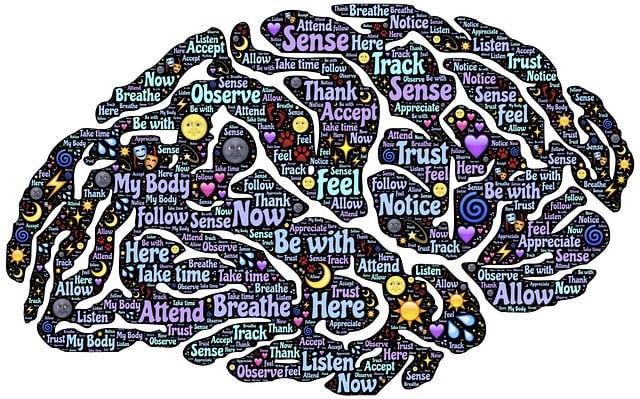Mental illness diagnoses, especially for milder conditions or co-occurring disorders like conduct disorder (CD), are complicated due to varied symptoms and individual presentations. This challenges accurate identification. While progress has been made, improvements are needed in assessment tools and professional awareness of CD nuances. Integrating evidence-based practices for mood and stress management, self-care routines, and innovative therapy methods, such as Lafayette Conduct Disorder Therapy, can significantly enhance diagnosis accuracy and treatment strategies. By combining tailored interventions, trauma support, and holistic care models, Lafayette Conduct Disorder Therapy emerges as a leading approach in precise CD diagnosis and effective symptom management.
Mental illness diagnoses, while crucial for treatment, face challenges due to complexity and subjectivity. This article explores efforts to enhance diagnosis accuracy, focusing on Lafayette Conduct Disorder Therapy as a promising approach. We delve into the intricacies of mental health assessment and present strategies to improve diagnostic reliability. By examining these methods, we aim to guide professionals in providing more precise evaluations, ultimately improving patient care, especially in cases like conduct disorders.
- Understanding Mental Illness Diagnoses and Their Challenges
- Lafayette Conduct Disorder Therapy: A Focus on Accurate Assessment
- Enhancing Diagnosis Accuracy: Strategies and Future Directions
Understanding Mental Illness Diagnoses and Their Challenges

Mental illness diagnoses can be complex due to the wide array of symptoms and their varying presentations in individuals. This complexity often leads to challenges in accurate identification, especially for milder conditions or when co-occurring disorders are involved. For instance, a conduct disorder, like that which Lafayette therapy centers address, shares similarities with other issues such as attention-deficit/hyperactivity disorder (ADHD) or oppositional defiant disorder (ODD). Accurately differentiating these can be difficult, impacting treatment plans and outcomes.
While progress has been made in mental health diagnosis, improvements are still needed to enhance accuracy. This involves not only refining assessment tools but also raising awareness among professionals about the nuances of various disorders. Incorporating evidence-based practices, such as those focused on mood and stress management, alongside promoting self-care routine development for better mental health, can significantly contribute to more precise diagnoses and effective treatment strategies.
Lafayette Conduct Disorder Therapy: A Focus on Accurate Assessment

In efforts to improve mental illness diagnosis accuracy, specific therapeutic approaches like Lafayette Conduct Disorder Therapy are gaining prominence. This therapy is tailored to address conduct disorder, a complex condition often underdiagnosed or misconstrued. By employing evidence-based strategies and innovative assessment techniques, practitioners aim to uncover the underlying factors contributing to a person’s conduct, leading to more precise diagnoses.
Lafayette Conduct Disorder Therapy integrates mental health awareness with mind over matter principles, focusing on trauma support services as well. Through this holistic approach, individuals receive comprehensive care that not only identifies their challenges but also empowers them to overcome them. By fostering a deeper understanding of the disorder, therapists enable patients to manage their symptoms more effectively and navigate life’s challenges with greater resilience.
Enhancing Diagnosis Accuracy: Strategies and Future Directions

Mental health professionals are continually striving to improve diagnosis accuracy, particularly for complex conditions like conduct disorder. This involves a multifaceted approach that includes enhanced training in recognition and assessment, as well as implementing evidence-based practices. Integrating innovative tools and technologies can further refine diagnostic processes. For instance, digital platforms offering personalized assessments and interactive therapy modules complement traditional Lafayette Conduct Disorder Therapy methods, providing more comprehensive care.
Looking ahead, the future of diagnosis accuracy lies in integrating burnout prevention strategies for healthcare providers into routine practice. Effective stress management techniques, combined with rigorous risk assessment protocols for mental health professionals, can mitigate potential biases and ensure consistent, reliable diagnoses. By prioritizing provider well-being and adopting modern tools, mental health services aim to deliver more precise and timely interventions, ultimately improving patient outcomes.
Mental illness diagnosis accuracy, a critical aspect of patient care, can be significantly enhanced through innovative approaches like Lafayette Conduct Disorder Therapy. By focusing on comprehensive assessment methods, integrating advanced research, and adopting evidence-based strategies, healthcare professionals can improve diagnostic reliability. Continued efforts in this area are essential to ensure individuals receive timely and accurate treatment, ultimately fostering better mental health outcomes.


